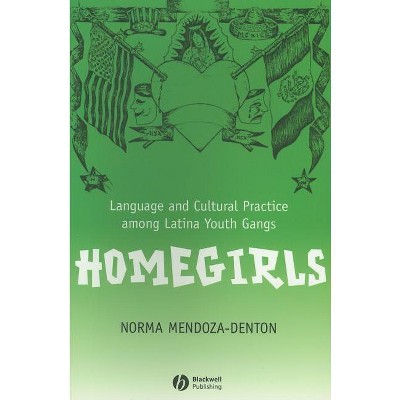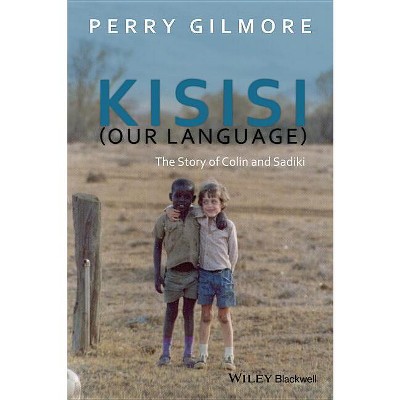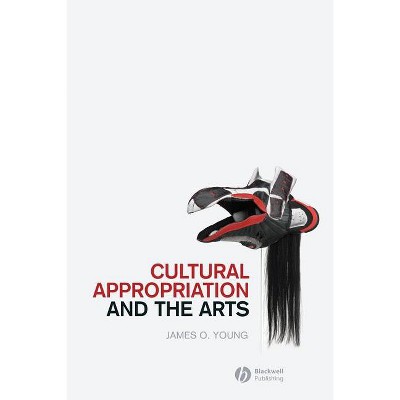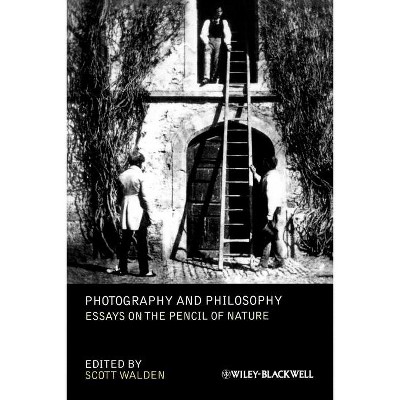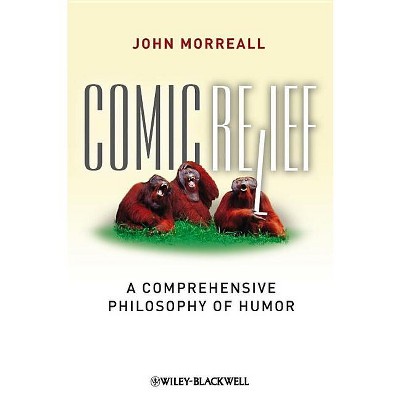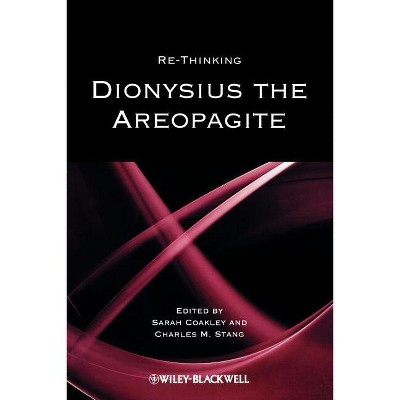Turf Wars - (New Directions in Ethnography) by Gabriella Gahlia Modan (Paperback)

About this item
Highlights
- Turf Wars: Discourse, Diversity, and the Politics of Place is the fascinating story of an urban neighborhood undergoing rapid gentrification.
- About the Author: Gabriella Gahlia Modan (PhD Georgetown University) is Assistant Professor in the Department of English, The Ohio State University.
- 384 Pages
- Political Science, Public Policy
- Series Name: New Directions in Ethnography
Description
Book Synopsis
Turf Wars: Discourse, Diversity, and the Politics of Place is the fascinating story of an urban neighborhood undergoing rapid gentrification.- Explores how members of a multi-ethnic, multi-class Washington, DC, community deploy language to legitimize themselves as community members while discrediting others.
- Discusses such issues as public toilets and public urination, the "morality" of co-ops and condos, and characterizations of "good" girls and "bad" boys.
- Draws on linguistic anthropology and discourse analysis to provide insight into the ways that local activity shapes larger urban social processes.
- Draws also on cultural geography and urban anthropology.
From the Back Cover
Turf Wars: Discourse, Diversity, and the Politics of Place is the fascinating story of an urban neighborhood undergoing rapid gentrification. It is a story about how the members of a multi-ethnic, multi-class Washington, D.C., community deploy language to project conflicting images of their neighborhood. Waging wars around such issues as public toilets and public urination, the "morality" of co-ops & condos, and characterizations of "good" girls and "bad" boys, community members use these themes to create identities for themselves as legitimate community members (e.g., as tough urbanites or sophisticated historic preservationists) while creating identities to discredit others (e.g., "People who belong in the suburbs"). Turf Wars taps the power of discourse analysis to provide insight into the ways that local activity shapes larger urban social processes.In this innovative text, cultural anthropologist and linguist Gabriella Modan offers a detailed, rich, and highly engrossing ethnographic account of a neighborhood and the people who live and work there. She also provides readers with little background in linguistic anthropology, cultural geography, and urban anthropology a primer to key concepts and presents a range of sophisticated ideas in an accessible manner.
Review Quotes
"The style of writing in Turf Wars is refreshing. ... .Modan aims to bring to a wider audience an understanding of how language works through the adoption of this more informal style." (Cultural Geographies, January 2010)
"A highly readable, lively, and unusually accessible work of ethnography that could be the centerpiece of many different kinds of classes from introductory courses in cultural, linguistic, or urban anthropology to graduate seminars in discourse-analytic method. It makes cleat the potential of discourse analysis as an ethnographic tool. It is also likely to remain topical for many years, since it lays out with great clarity the fundamental conundrums and contradictions that city dwellers must navigate in the United States today and captures the discursive practices by which they manage them with great fluency." (Journal of Anthropological Research, November 2008)
"Modan's ethnographic participant observation in Mount Pleasant, a diverse community in the Washington DC area, chronicles how this urban neighborhood made up of African Americans, Salvadorans, Vietnamese, and Mennonites experienced diversification and gentrification, leading to contests over the use of public and private space, gender, kinship, and class. Conflicts came about as the result of real estate speculation, the "politics of filth" debate over proposed public toilets, and other related issues. Modan (English, Ohio State Univ.) argues that the spatial practices and politics contest and challenge the dominant ideas regarding the use of space. The author presents two theoretical chapters on framing, discourse, and performance, and discusses ideas of Goffman, Castells, Lefevre, and many others. In the process, she illuminates how local activity can shape social processes. Material is current and includes a 15-page bibliography ... .Recommended." (CHOICE)
About the Author
Gabriella Gahlia Modan (PhD Georgetown University) is Assistant Professor in the Department of English, The Ohio State University.





